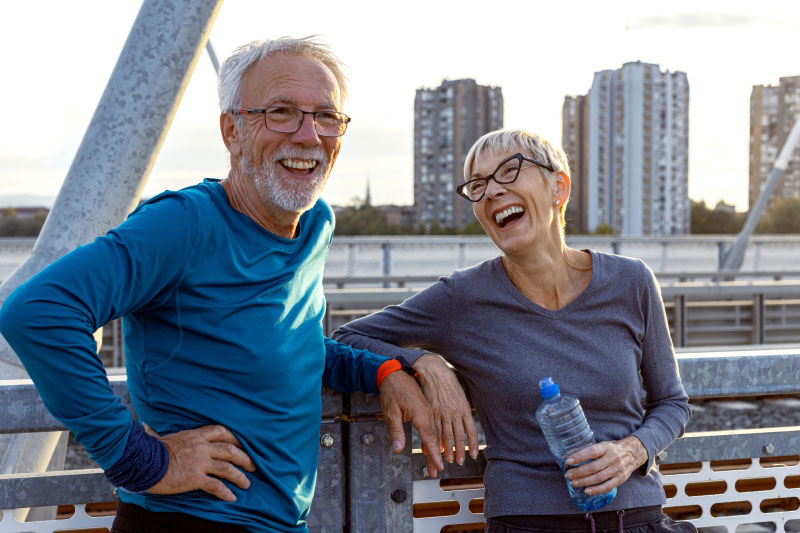When it comes to cancer, many believe genetics seals their fate. However, research into epigenetics—how lifestyle and environment influence gene expression—tells a different story. While we can’t change the genes we’re born with, we can influence how those genes behave, significantly affecting our risk for cancer.
The Science Behind Epigenetics
Think of your DNA as the blueprint of a building. While the structure is fixed, the way it’s maintained and utilized can vary. Epigenetics explores how factors like diet, exercise, and stress affect which genes are “switched on” or “off.” This means your lifestyle choices can either suppress cancer-promoting genes or enhance those that protect against it.
Nutrition – Fueling Your Genes
What you eat matters more than you might think. Diets rich in antioxidants, vitamins, and healthy fats—like the Mediterranean diet—can create a biological environment that protects cells from damage. In contrast, processed foods, excessive sugar, and unhealthy fats contribute to inflammation and oxidative stress, two key drivers of cancer.
Consider these nutritional strategies:
- Include more antioxidant-rich foods such as berries, leafy greens, and nuts.
- Incorporate healthy fats from sources like olive oil, avocados, and fatty fish.
- Choose whole, unprocessed foods over packaged and processed options.
- Limit added sugars by reducing intake of sweets and sugary drinks.
- Avoid unhealthy fats found in fried foods and processed snacks.
Exercise – Your Cellular Shield
Regular physical activity doesn’t just keep you fit; it strengthens your body at a cellular level. Exercise improves immune function, reduces inflammation, and enhances mitochondrial health—the powerhouse of your cells. Studies show that even moderate exercise can lower the risk of several types of cancer, including breast and colon cancers.
Managing Stress – A Hidden Factor
Stress is an inevitable part of life, but how you manage it can make a difference. Chronic stress releases hormones that fuel inflammation and weaken your immune defenses, creating conditions that promote cancer. Practices like mindfulness, yoga, and even simple breathing exercises can help regulate stress and support overall health.
How About The Environmental Exposures
While total control isn’t possible, reducing harmful environmental exposure can make a significant difference. Consider these steps:
- Reduce contact with pollutants and toxins in air, water, and household products.
- Choose organic foods to avoid pesticide residues.
- Use eco-friendly products in daily life, such as biodegradable cleaning supplies and natural personal care items.
- Limit unnecessary radiation exposure, including excessive use of electronic devices and proximity to high-radiation areas.
- Avoid microplastics by using reusable bottles and containers and selecting non-plastic alternatives.
Conclusion
Your lifestyle holds immense power. By making conscious choices about what you eat, how you move, and how you manage stress, you can actively influence your cancer risk. Prevention isn’t about perfection—it’s about progress. Start with one change today and build on it. After all, a healthier, longer life is one worth striving for.


